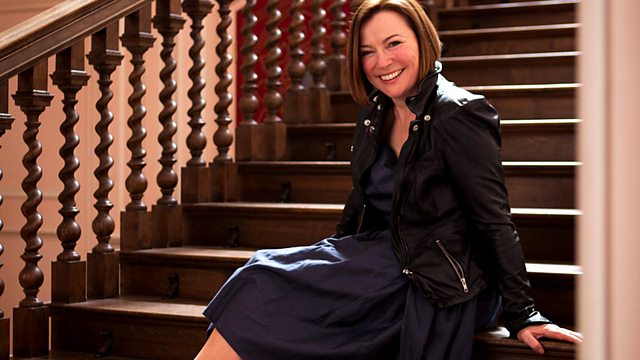Whose Law Is It Anyway?
Amanda Vickery uses court cases to explore the lives of servants in the 18th century. Amanda asks whether ordinary people got a fair trial in the 18th century.
Throughout Voices from the Old Bailey Amanda Vickery uses court cases to reveal the life of ordinary people in the 18th century.
In this final programme she examines the law itself, and how far it gave everyone a fair trial. The three court cases in the programme take us from the lowest in society to the highest, an Earl who is tried for murder in the most sensational trial of the century. We hear the voice of an 18th century private detective. And we hear the voice of a poor Irish laundress accused of murder, who becomes her own defence lawyer and takes five hours to cross-examine witnesses before producing an ingenious closing speech.
Three contributors discuss the cases: Professor David Sugarman, a barrister who is now a historian of law; Professor Peter King, historian of crime, and Professor Robert Shoemaker, co-founder of the online archive OldBailey online. They reveal a legal system which was surprisingly sophisticated in its treatment of offenders, with a clear hierarchy of penalties for different kinds of people. This was a period before lawyers took over, and so it allowed both victims and defendants their own voice in court, in a way which has been unequalled since.
The programme is recorded on location in the Middlesex Sessions House in Clerkenwell, once an 18th century court house but now the headquarters of the Masons. We discover an original 18th century cell in the basement. Our historians cram into it, and imagine what it must have been like to be held there, and then to emerge into the blinding light of the open-air court room. We give listeners links to read the cases in full.
Produced by Elizabeth Burke
A Loftus Audio production for Βι¶ΉΤΌΕΔ Radio 4.
Last on
More episodes
Previous
Next
You are at the last episode
Broadcasts
- Wed 17 Aug 2011 09:00Βι¶ΉΤΌΕΔ Radio 4
- Wed 17 Aug 2011 21:30Βι¶ΉΤΌΕΔ Radio 4

